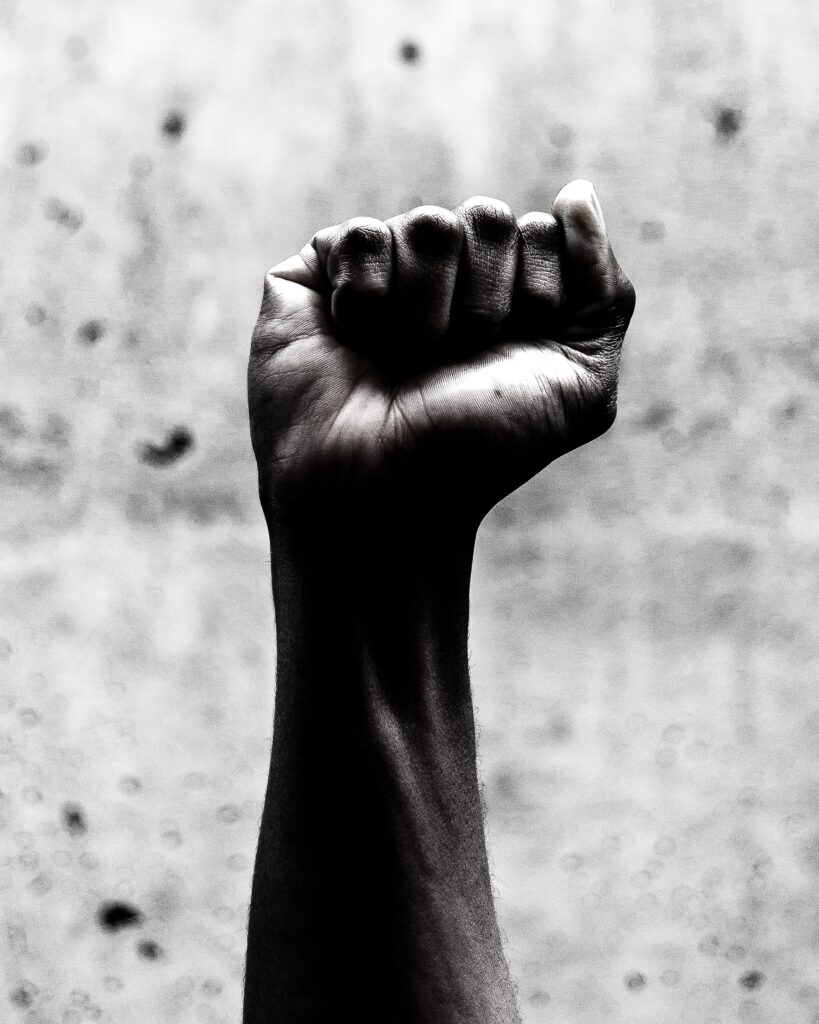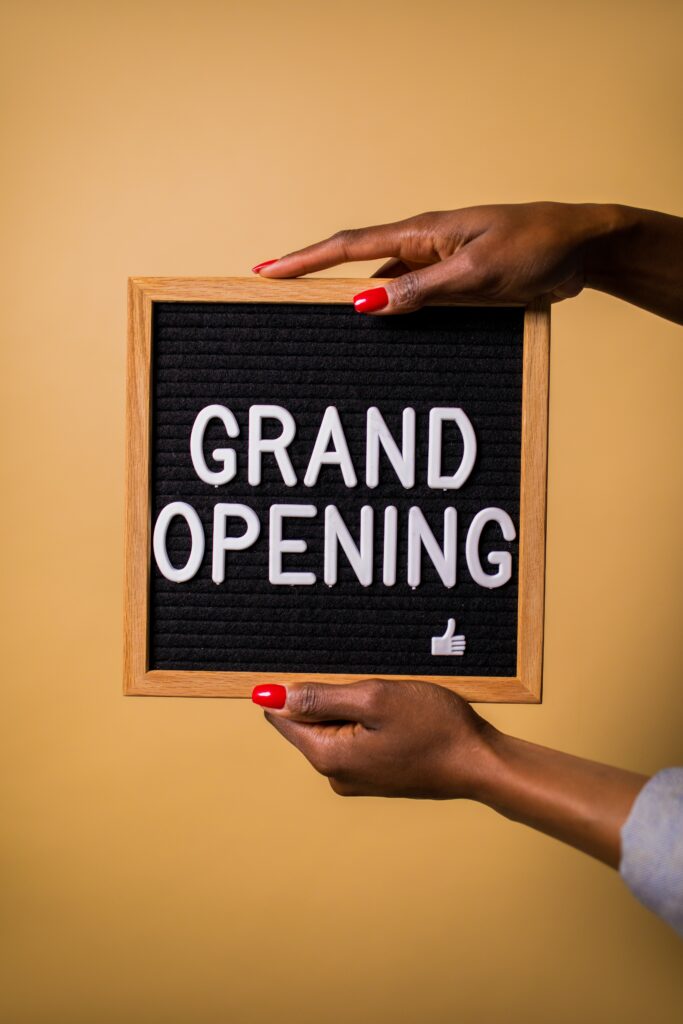
Published on October 28, 2022.
By: Yanet Mengistie
The Afromusée museum is one of its kind in Montreal and had its grand opening on February 24th, 2022. Unfortunately, the grand opening of the Afromusée museum went unreported by mainstream media. The Afromusée museum is a representation of decades of hard work from Black activists, archivists, and those who work in the field of preserving artifacts.
The Afromusée museum is the epitome of Black excellence and rejecting conformity. The museum strives to help encourage Black Canadians to embrace their identities, making the opening a special and relevant topic of conversation in supporting equality.
The museum is one of the first solely African-centric museums in Quebec that focuses on highlighting African Canadian history and African cultures.
The museum aims to showcase physical and virtual artifacts to bring awareness to how African cultures have influenced art internationally. Aside from exhibitions, the museum hopes to host activities such as workshops, film screenings, and concerts to accelerate its mission.
The museum’s Founder and President, Mushagalusa Chigoho, has spoken about the museum’s goal to embrace Black Canadian identity by ensuring “those who came before us aren’t left behind or ignored.” The museum expects to become a travelling museum that can offer its mission to other provinces across Canada. This would be critical in eliminating the erasure of Black Canadian history on a larger scale. Chigoho states, “we want the museum to go to the community, not the community going to the museum.”
One of the first exhibitions the museum unveiled was by Dr. Dorothy Williams. Williams has 40 years of experience as a lover, researcher, and archivist of African cultures in Canada. The exhibition L’Afrique Montréalaise, which is now open, will operate until February 28th, 2023 and will include pieces Williams has collected from her time documenting, preserving and archiving Black Canadian history. One piece in the exhibit will be a book of memories from Montreal’s oldest Black congregation.
The significance of the Afromusée Museum could not be represented without highlighting the cultural centre that was established before it—which is the Espace Mushagalusa. The Afromusée Museum is housed within the larger space called the Espace Mushagalusa, which was also founded by Chigoho in 2014. It is a cultural centre that showcases and protects African culture. Before the Afromusée was created and took its place, the centre would elevate African culture through multiple mediums.
One of these mediums is the use of the Espace Mushagalusa for educational purposes. The centre allowed schools and community organizations to rent out space to teach lessons about African cultures. They also allowed others with an African-centric focus to rent out their space to host art galleries for long periods.
Chigoho has been a central driving force behind both infrastructures. Chigoho has over 25 years of experience working with diverse cultures and actively displays Africa’s culture in artwork.
He has hosted over 75 events promoting these cultures, emphasizing cultural diversity, and spreading awareness towards societal issues. Chigoho’s motivation stems from the belief that art is a dominant educational tool that can raise awareness of prevalent issues.
The museum’s opening is important because it provides a counter-narrative to the erasure of Blackness in Canada. Canadian history is whitewashed, minimizes, and even erases the violence that has occurred to people of colour.

For example, many believe slavery does not exist in Canada but presume it does heavily in the United States. Dr. Charmaine Nelson, a professor at McGill University has been asking students for over 17 years if they knew about slavery occurring in Canada and has only witnessed one student saying that they have. Another survey found that 45 per cent of the people surveyed had never heard of residential schools.
Violence targeted toward people of colour in Canada is not given enough attention due to limited education on these topics. Canada maintains a pristine political identity that demonstrates inclusivity and peace. This has helped to rewrite the history of people of colour in Canada.
Museums, not only underrepresented Blackness but also use Black history as an accessory of their main exhibits. This is problematic as museums are also educational institutions. In essence, museums have failed to educate people on Black history.
Instead of conforming to the majority-White museum leaders, seeking acceptance or validation from other museums, or seeking a spot in their halls, Afromusée paves its own path. Afromusée sets itself apart by celebrating Black identity, achievements, and its vibrant culture.
The Afromusée museum deserves recognition from the media because it is an entity that supports empowerment, not separation. It is about empowering all Black Canadians, not just African Canadians, to embrace their cultures, heritage, and past.
Yanet Mengistie is an experienced Writer, Researcher and Creative who is ready to hit the ground running with Black Voice. Driven by having previously worked as a Content Writer for a company that sought to uplift small businesses in Northern Canada, she takes joy in using her writing to uplift small or marginalized voices. As a Writer with Black Voice, her goal is to combine this passion for small businesses with this publication's mission of empowering Black individuals across Canada. Yanet is committed to ending the marginalization of Black Canadian perspectives and opinions. She hopes to bring Black excellence, concerns or hot topics to the forefront through her work with Black Voice.

